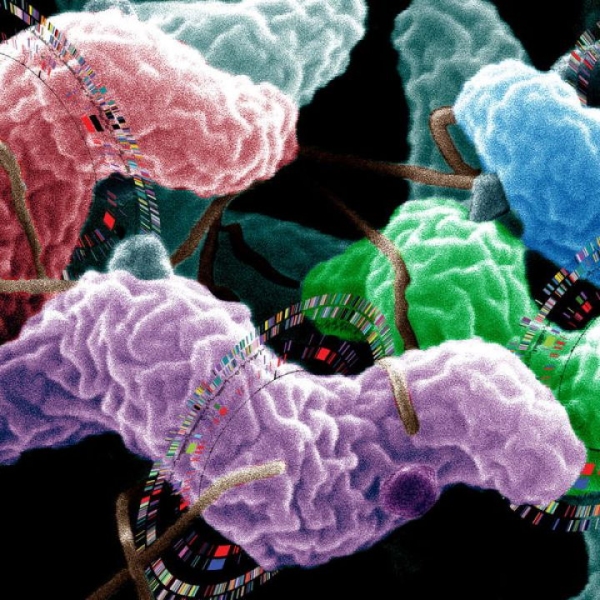NIWA scientists are part of a team hoping to answer questions about how climate change might affect disease rates in New Zealand, such as those caused by pathogens like Cryptosporidium and Campylobacter, two major causes of disease in New Zealand.
Our aim is to develop predictive models, in the first instance for a short-list of six diseases. These will be incorporated into a web-based Health Analysis and Information for Action (HAIFA) resource system.
Which diseases are included?
Initially our research will focus on these six diseases:
1. cryptosporidiosis 2. campylobacteriosis 3. influenza 4. meningococcal disease 5. Dengue Fever 6. Ross River Fever.
These diseases cover a range of zoonoses, human-to-human transmission, and vector-borne diseases for which we have useful incidence data (with the vector-borne diseases we will rely on overseas incidence data).
Modelling approaches
So far we have carried out a survey of the various modelling approaches that may be used, and begun their construction. We will use a combination of:
- statistical models, especially for the examination of historical patterns
- mechanistic models, for assessing vector-borne diseases
- SIR models (Susceptible-Ill-Recovered models), for predictions into the future under different climate change scenarios.
Will things get better or worse?
The types of question we hope to answer include:
- could increasing overall temperatures heighten the risk of overseas vectors and associated diseases occurring in New Zealand?
- could more dryer, warmer weather on the New Zealand’s east coast mean increased dessication of potentially waterborne pathogens, and therefore lower incidence of zoonoses such as cryptosporidiosis and campylobacteriosis?

The cryptosporidium pathogen. (Photo: Graham McBride)
The project is led by ESR, and involves NIWA, Massey University, Waikato University and Landcare Research. Further input on the project comes from an international advisory panel.
It is funded by the Foundation for Research, Science and Technology.
NIWA contact: Graham McBride

